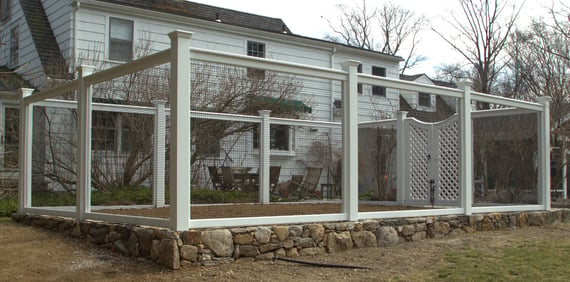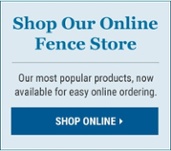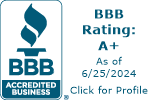First, a little background...
Merriam-Webster's Online Dictionary defines wire gauge as any of various systems consisting of a series of standard sizes used in describing the diameter of wire. It all starts with heavy coils of large diameter wire called rod made in a rolling mill. The rod is then shipped to a wire manufacturing mill. To make the wire used in wire fence and mesh, single strands are "drawn" through a series of increasingly smaller dies or plates and reduced to a specific gauge/diameter. The gauge is determined by the wire's final use - single strand wire, welded wire mesh or woven wire fence. Heating of the wire is not required in the drawing process.
In this article, we'll answer the following questions:
-
What is wire gauge?
-
What does it mean?
-
How is it used to describe wire?
Wire Gauges Over Time
There have been several different gauge designations since the process outlined in the introduction was innovated.
Numbers have been used to designate wire diameter since 1735. They originally referred to the number of draws used in the process. The first draw was called 1 gauge, the second 2 gauge, the third 3 gauge, on down to the final draw of the thinnest wire being made.
The amount of "draws" required in the process determines why thick wires have a lower gauge number compared to thin wires. 9 gauge wire is thicker than 14 gauge because it requires fewer "draws" than 14 gauge.
The Birmingham Wire Gauge, also known as the Stubs Iron Wire Gauge, was originally developed in early 19th-century England as a means of standardizing gauge sizes. It has been used in a medical setting (needles) since the early 20th century. In 1855, Brown and Sharpe established a formula-based progression of 39 steps - from 1 gauge through 40 gauge. This is now known as the American Wire Gauge and is used extensively in the United States.
Common Wire Gauges
The following values show in inches the most common gauges of wires used in welded and woven wire mesh and fence:
-
8.5 gauge - 0.155 inch
-
9 gauge - 0.1483 inch
-
10.5 gauge - 0.128 inch
-
11 gauge - 0.1205 inch
-
12.5 gauge - 0.099 inch
-
14 gauge - 0.080 inch
-
16 gauge - 0.0625 inch
-
18 gauge - 0.0475 inch
-
20 gauge - 0.0348 inch
-
21 gauge - 0.0317 inch
-
23 gauge - 0.0258 inch
-
27 gauge - 0.0173 inch
There are many different combinations of wire gauge and mesh size manufactured. You can select the right product for the requirements of your project.
>We offer expert advice on fencing free of charge for all of your fencing projects. Please feel free to call us at (866) 328-5018 or you can request a free quote by clicking the button. If you aren't quite ready to talk fencing yet, simply download our free catalog.
Need some inspiration? Check out these recommended articles and more:

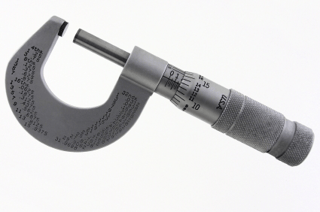


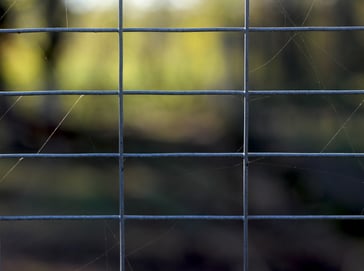

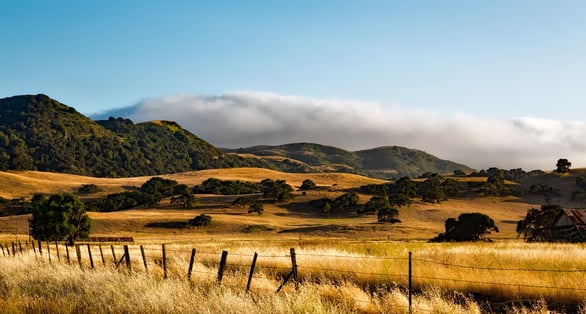
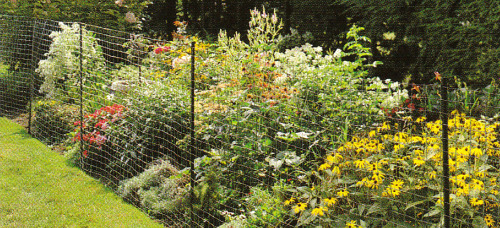



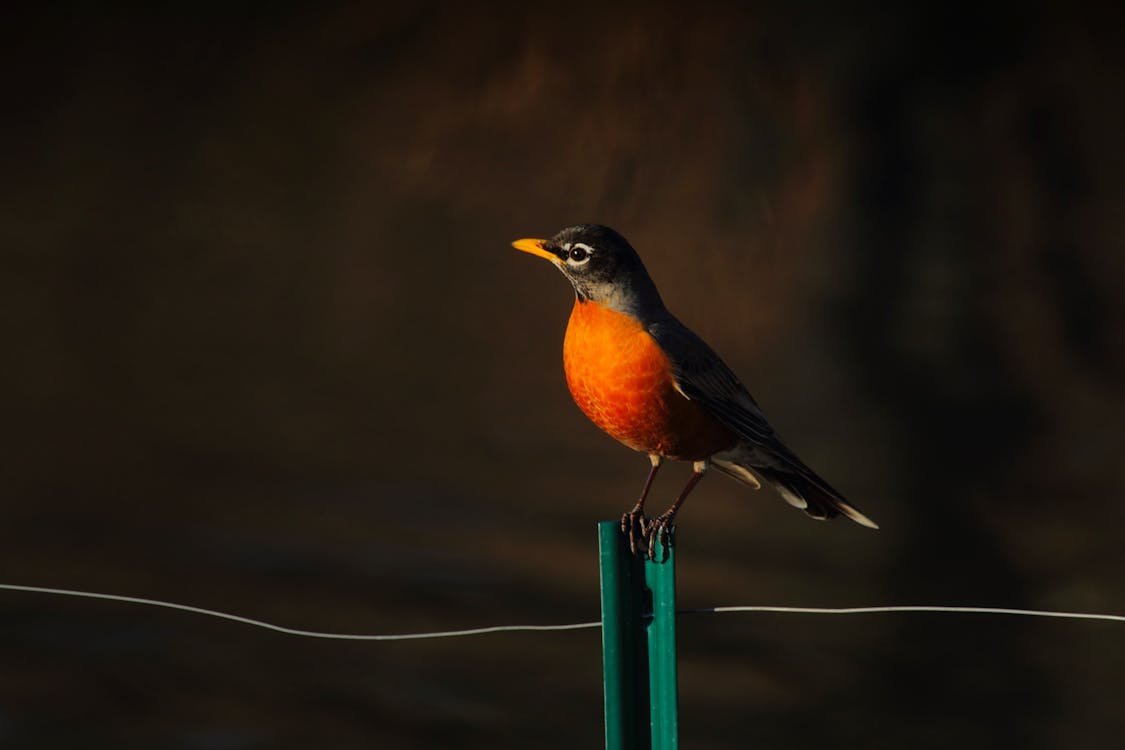
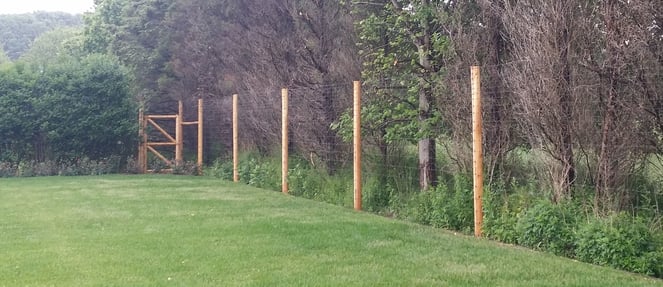
.jpeg?width=350&name=AdobeStock_207045510%20(1).jpeg)
